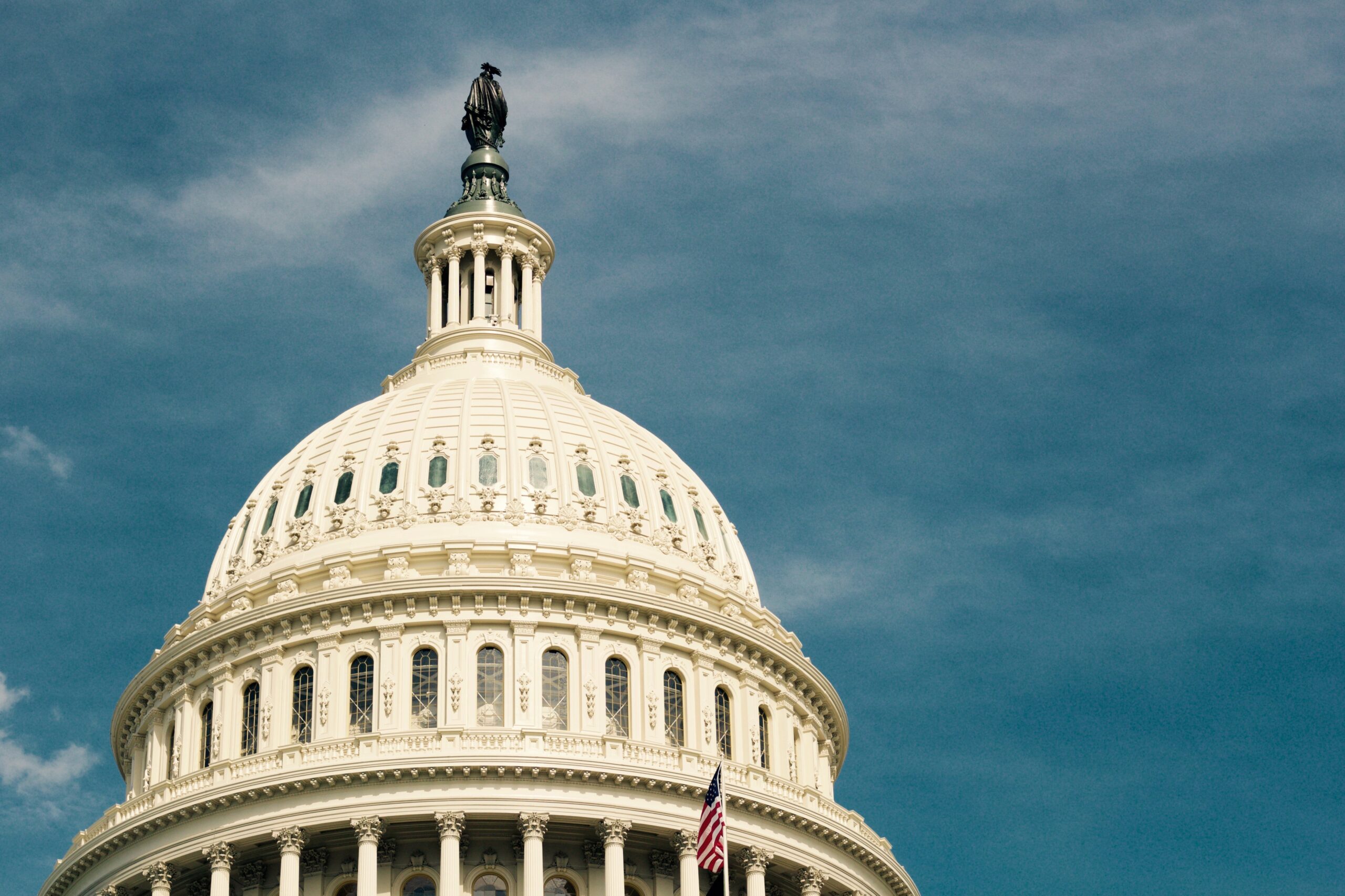
FOSI Briefs the Hill: SCOTUS Tackles Section 230

Overview
The full webinar discussion can be viewed on FOSI’s YouTube channel, linked here.
On February 21 and 22, the Supreme Court heard two cases that have the power to drastically change some of the apps and platforms we use every day. In Gonzalez v. Google and Twitter v. Taamneh, the Justices examined whether or not online platforms can be held liable for decisions made by algorithms and content recommendation systems that are core to the function of their products. Section 230 of the Communications Decency Act of 1996 has provided relative immunity to platforms for decades, stating that online platforms cannot be held liable for content that users write or post on their sites and apps. These two cases will test how far Section 230 protections extend, and if justices will differentiate between users’ online posts and platform design features that amplify or minimize the spread of content.
This conversation included a legislative history of Section 230 and overview of the two current cases, an explanation of related court cases that focus on online speech, content moderation, and product design, and the role of Congress in amending Section 230. Panelists also responded to audience questions about a safety by design approach to product development, the existing limitations of Section 230 and when it does not apply, and how the statute impacts businesses that do not primarily rely on user generated content.
Featured speakers included:
- Keith Chu, Office of Senator Ron Wyden
- Jennifer Huddleston, CATO Institute
- Caitlin Vogus, Center for Democracy & Technology
- Andrew Zack, FOSI (Moderator)
Stephen Balkam, FOSI’s Founder and CEO, opened the discussion.
Speakers

Jennifer Huddleston
Technology Policy Research Fellow, CATO Institute

Caitlin Vogus
Deputy Director of CDT's Free Expression Project, Center for Democracy & Technology

Andrew Zack
Senior Policy Manager, Family Online Safety Institute

Keith Chu
Policy Director & Chief Communications Advisor, Office of Senator Ron Wyden